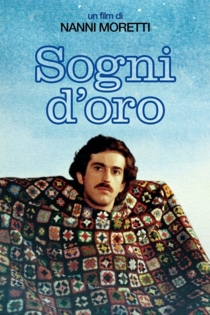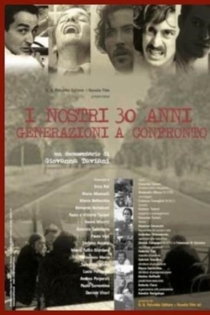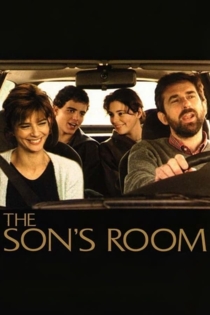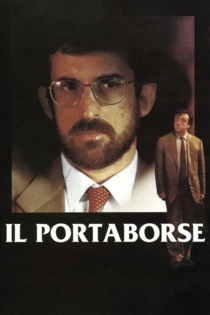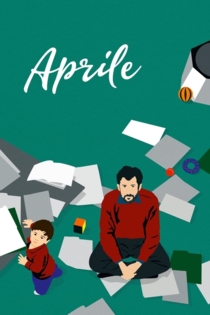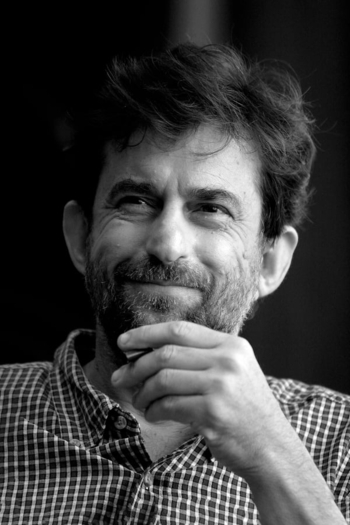
Nanni Moretti
1953 (72 года)Moretti was born in Bruneck, Italy to Roman parents who were both teachers. His father was the late epigraphist Luigi Moretti, a Greek teacher at Sapienza University of Rome. His brother is literary scholar Franco Moretti. While growing up Moretti discovered his two passions, the cinema and water polo. Having finished his studies he pursued a career as a producer, and in 1973 directed his first two short films: Pâté de bourgeois and The Defeat (La sconfitta). In 1976, Nanni Moretti's first feature film Io sono un autarchico (I Am Self-Sufficient) was released. In 1978, he wrote, directed and starred in the movie Ecce Bombo, which tells the story of a student having problems with his entourage. It was screened at the Cannes Festival. Sogni d'oro won the Silver Lion at the 38th Venice International Film Festival. La messa è finita won the Silver Bear – Special Jury Prize at the 36th Berlin International Film Festival. He may be best known for his films Caro diario (Dear Diary, 1993; followed in 1998 by a sequel, Aprile) and La stanza del figlio (The Son's Room, 2001), the latter of which won the Palme d'Or at the 2001 Cannes Film Festival.
Moretti has used certain actors several times in his films, generally playing minor roles. His father Luigi appears in 6 films, Dario Cantarelli and Mauro Fabretti in 5, Antonio Petrocelli in 4. More notable Italian actors he has employed frequently in his films include Silvio Orlando, who appears in 5 films (including the role of protagonist in Il caimano) and Laura Morante, who was featured in Sogni d'oro, Bianca and The Son's Room.[citation needed]. Having played waterpolo in the B division of the Italian championship, his experience later inspired his film Palombella Rossa ("palombella," which literally means "little pigeon," refers to a type of lob shot). His other work has not been widely seen outside Europe, but within his country Moretti is known as a maker of wryly humorous and eccentric films, usually starring himself. His most recent role was in the film Mia Madre (My Mother, 2015) Moretti is also an outspoken political leftist. In 2002, he organized street protests against the government of Silvio Berlusconi. Il caimano (2006) is in part about Berlusconi's controversies: in one of the three portraits of the Italian prime minister Moretti himself plays Berlusconi. Aprile also deals with Italy's political situation and Moretti's views on it. His 2011 film We Have a Pope screened In Competition at the 2011 Cannes Film Festival.
Bianca
Nanni Moretti
Nanni Moretti, Laura Morante
Eccentric and full of manias, Michele is a young high school professor who defines himself as “not used to happiness”. He realizes his life is meaningless if he doesn’t have a woman by his side but, after a series of rather disastrous experiences, he feels more alone than ever. Then, out of the blue, a new French teacher called Bianca arrives at school. Amongst uncertainties and contradictions, the two start dating. In the meantime, a series of homicides take place and a police officer begins to suspect that Michele is involved. Bianca will save him providing an alibi at the right moment, but then, everything goes wrong again.
Bianca
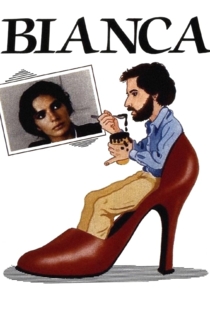
Girlfriend in a Coma
Annalisa Piras
Bill Emmott, Silvio Berlusconi
Girlfriend in a Coma is a documentary that exposes the dire situation of Italian politics and the process of economic and social decline the country has suffered during the last two decades, treating the decline as a warning of what might happen elsewhere in the West. The decline has occurred amid a collapse of moral values and the victory of “Mala Italia” over “Buona Italia”. It has been lauded as being ground-breaking in its creative combination of animation, interviews and hard facts, and has caused fierce controversy in Italy.
Girlfriend in a Coma
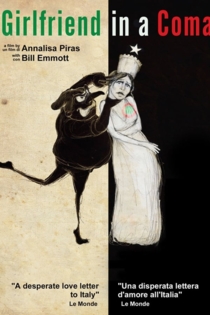
La messa è finita
Nanni Moretti
Nanni Moretti, Ferruccio De Ceresa
The young priest Father Giulio returns to Rome, his hometown, after a long pilgrimage. Don Giulio hopes to live peacefully with his family and his friends, but discovers that many of them are depressed or frustrated, and some suicidal.
The Mass Is Ended
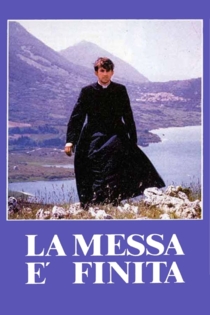
Padre padrone
Paolo Taviani, Vittorio Taviani
Omero Antonutti, Saverio Marconi
The true story of the life of Gavino Ledda, the son of a Sardinian shepherd, and how he managed to escape his harsh, almost barbaric existence by slowly educating himself, despite violent opposition from his brutal father.
Padre Padrone
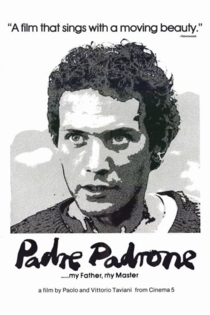
Dear Diary
Nanni Moretti
Nanni Moretti, Renato Carpentieri
Nanni Moretti recalls in his diary three slice of life stories characterized by a sharply ironic look: in the first one he wanders through a deserted Rome, in the second he visits a reclusive friend on an island, and in the last he has to grapple with an unknown illness.
Caro Diario
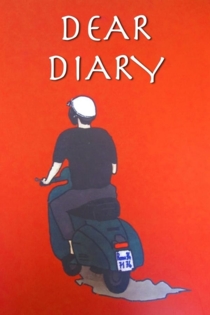
Santiago, Italia
Nanni Moretti
Nanni Moretti, Patricio Guzmán
After the coup d'État of the Democratic government of Allende, the embassy of Italy in Santiago played a major role in helping the opposers of the regime, and extradited many of them to Italy.
Santiago, Italia
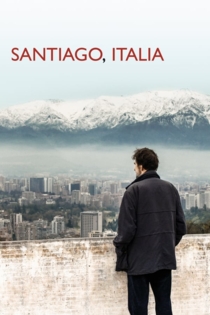
Palombella rossa
Nanni Moretti
Nanni Moretti, Silvio Orlando
Michele is a Communist MP who loses his memory in a car crash—although nobody seems to notice. Over the course of a water polo match ahead of election day, he begins to remember his past life, revealing the picture of a man whose personal and political identity crisis mirrors the one of Italian communism.
Palombella Rossa
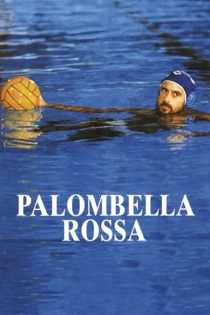
Fellini: Je suis un grand menteur
Damian Pettigrew
Roberto Benigni, Luigi 'Titta' Benzi
A look at Fellini's creative process. In extensive interviews, Fellini talks a bit about his background and then discusses how he works and how he creates. Several actors, a producer, a writer, and a production manager talk about working with Fellini. Archive footage of Fellini and others on the set plus clips from his films provide commentary and illustration for the points interviewees make. Fellini is fully in charge; actors call themselves puppets. He dismisses improvisation and calls for "availability." His sets and his films create images that look like reality but are not; we see the differences and the results.
Fellini: I'm a Born Liar
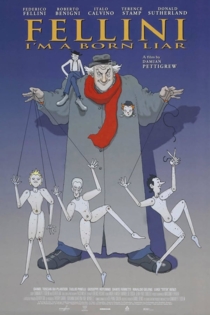
Ecce Bombo
Nanni Moretti
Nanni Moretti, Lina Sastri
Michele, Goffredo, Mirko and Vito are four friends who have participated in the battles of the student in Sixties. Now in the Seventies, the four friends don't know what to do, though young and with so many possibilities to find a job in life. Intellectuals marginalized and misunderstood, the four friends find themselves when they can in a restaurant to discuss their outlandish theories. A girl named Olga disrupts their life, but Michele is her favorite, although he does not know what to do with the girl.
Ecce Bombo
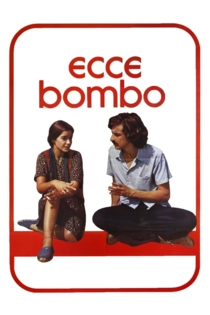
Sweet Dreams
Nanni Moretti
Nanni Moretti, Nicola Di Pinto
Michele criticizes the film industry and its inhabitants, and is particularly embattled with a Neapolitan director making a musical about the 1968 student demonstrations. At the same time, Michele has a creative block and struggles to finish his film titled "Freud’s Mother." Nanni Moretti’s self-inquiry into filmmaking, political ennui, and men’s relations with their mothers.
Sweet Dreams
